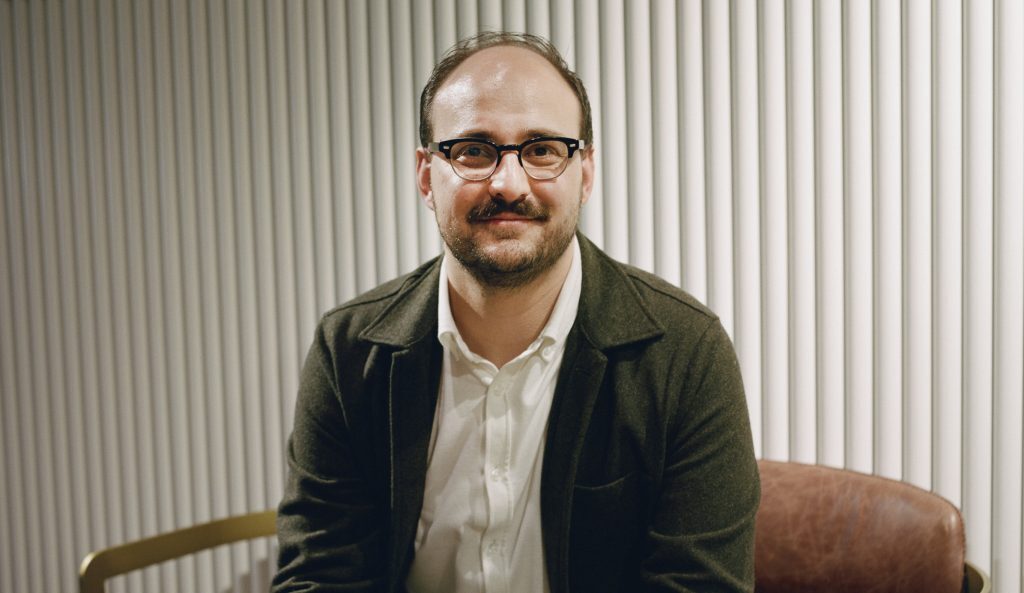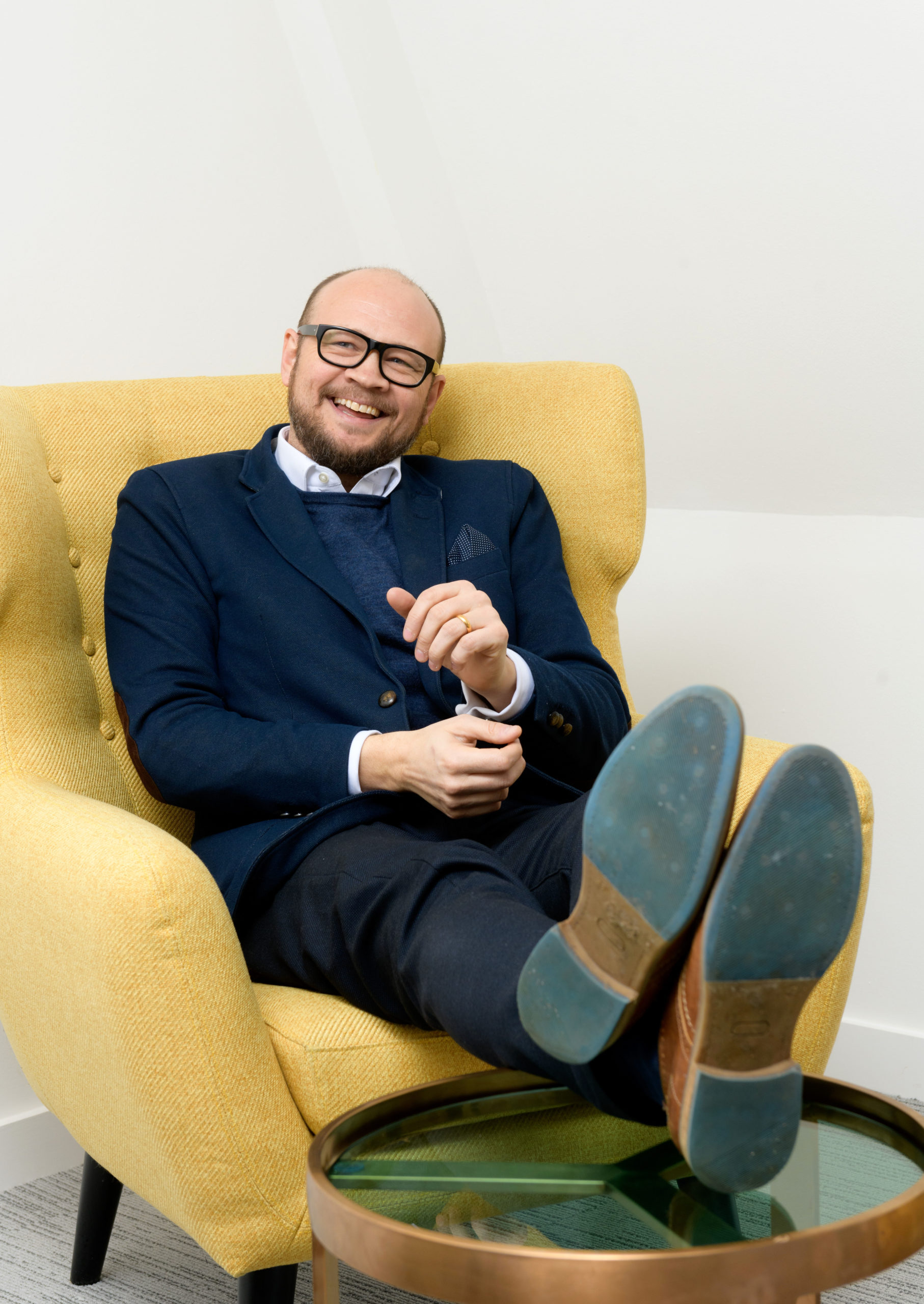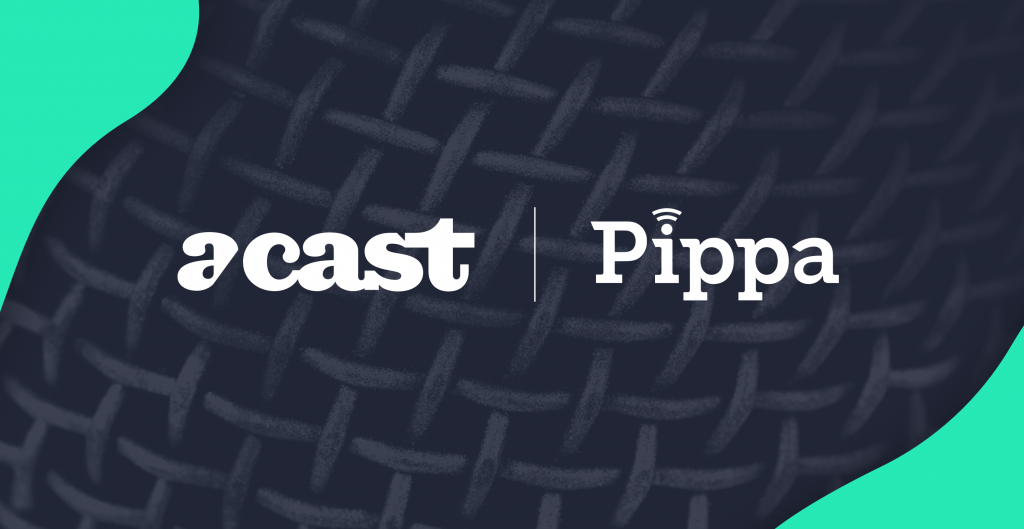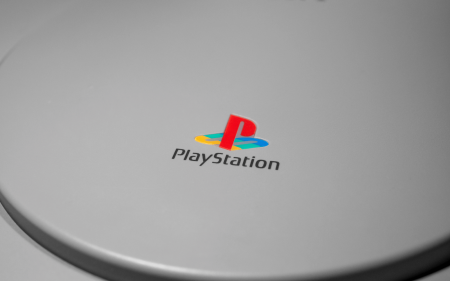Unless you’re a podcaster yourself, you may not have heard of podcasting businesses Acast and Pippa, but today’s announcement of the acquisition of the latter by the former could well change that. By joining forces, the companies hope to make it easier than ever for podcasters large or small to produce, distribute and — perhaps most importantly — monetise their shows, while also offering creators detailed analytics. Pippa’s acquisition is also a reminder that the podcast wars are just getting started, and that South African entrepreneurs continue to make waves in the global tech scene.
Pippa was founded in New York City in 2016 by CEO Simon Marcus, developer Timothy Voice, and CTO Erwan Jegouzo. Its unique selling points are its intuitive user interface combined with its upload-once-distribute-everywhere system that lets podcast creators get their content onto every conceivable podcasting platform from one place. Pippa’s also provides its users with a built-in automatic transcription service powered by IBM Watson, and a tool called Snipper that creates short video clips of pertinent snippets of shows for easy sharing to social media.
The company was part of the inaugural 2017 class of the Techstars Music Accelerator, and it’s both the first company from the programme to be acquired, and Acast’s first acquisition. Like Acast, Pippa’s always seen an opportunity in providing podcast-makers with the means to serve dynamic ads that take account of end-users’ locations and interests, rather than baked-in ones. In other words, ads of the sort the rest of the web serves up, but that haven’t traditionally been available to podcasters.
Marcus is originally from Johannesburg, South Africa, and completed an undergraduate degree at the University of the Witwatersrand before moving to New York to attend NYU for post-graduate studies. After graduating, he worked for a range of organisations, including TED, the Clinton Global Initiative, and K2 Intelligence.

The companies aren’t disclosing the specific terms of the deal, but Marcus tells Stuff that Acast and Pippa are working on an integration strategy that’ll bring the best of both platforms to consumers.
“We’re incredibly proud of what we’ve built at Pippa — a product that podcasters genuinely love,” says Marcus. “We’ve long admired Acast as the premier podcast company in the world, so we’re confident that our forces combined will accelerate Acast’s success in serving and spurring the growth of podcasters, advertisers, and listeners worldwide.”
Acast of thousands
Founded in 2014, Acast is home to podcasts like My Dad Wrote a Porno, The Adam Buxton Podcast, and David Tennant’s podcast, among others. Like Pippa, Acast’s focus is on providing podcasters with monetisation tools, including access to a marketplace of advertisers. It also includes discovery tools to help listeners find new shows they’ll enjoy.
Acast’s tools have to date been limited to podcasts with sizeable audiences, but by adding Pippa’s intuitive dashboard and interface, along with its own dynamic-advertising and analytics tools, the company says it’ll now be possible for podcasters to sign up and host their shows with a few clicks, and monetise from the first episode. Existing podcasters that port their wares to Acast will also be able to monetise their back catalogues.
“This acquisition meaningfully accelerates our growth and will move Acast forward in our mission to empower podcasters of every size and help them connect with audiences around the world,” says Acast CEO Ross Adams. “We were extremely impressed by what the Pippa team have built and we’re excited to pour fuel on the flames now that Pippa is part of the Acast team.”

Both platforms already host a wide array of podcasts across a plethora of genres. By amalgamating their rosters, Acast will now be home to more than 7,000 shows, including some from the likes of big-name media houses like the BBC, Financial Times, The Economist, and Vogue.
The not-quite-so-wild-anymore west
Pippa might be Acast’s first acquisition, but given the battle for dominance in the podcast landscape that’s underway, we’ll be surprised if it’s the last. Though podcasts have traditionally been immune to the exclusivity licences and land grabs that characterise the video-streaming space, that’s changing. Streaming audio service Spotify acquired Gimlet Media and Anchor in February, for example, in what’s widely seen as a move towards creating original content, much like Netflix does. Like video streaming, there might well turn out to be room for multiple players, but there’s no denying early movers will benefit.
Leandro Saucedo, Acast’s chief business officer, says acquiring Pippa “is a natural step for us as the leading podcasting company in the world. Acast has been an essential part of professionalising the industry and implementing modern and digital metrics to the podcast ecosystem”. He adds that Acast looks forward to “working with the Pippa team to continue to propel the industry forward”.
As shows like Serial, S-Town and — more recently — Blackout have convincingly demonstrated, the podcasting industry isn’t one of enthusiasts and hobbyists anymore (though they still have a place). Instead organisation, slick production and big-name advertisers are becoming the norm. Companies like Acast seem intent on being at the forefront of that shift, rather than responding to it. It’s an exciting time for podcast creators and listeners alike. And, we imagine, especially exciting if you’re the founder of a podcast startup with something unique to offer the market.




